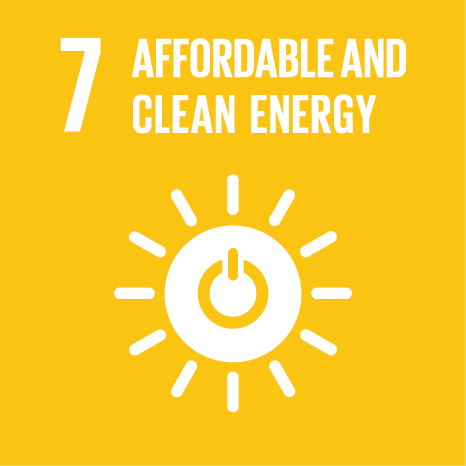Ciência_Iscte
Publications
Publication Detailed Description
An alternative to FaaS cold start latency of low request frequency applications
Proceedings of the International Conference on Electrical, Computer, Communications and Mechatronics Engineering (ICECCME 2023)
Year (definitive publication)
2023
Language
English
Country
United States of America
More Information
--
Web of Science®
This publication is not indexed in Web of Science®
Scopus
Google Scholar
This publication is not indexed in Overton
Abstract
—Serverless applications are those that do not require
the developer to provide or manage any servers. The developer
can focus on core product logic and development and just release
their code into a container at the service provider. However, when
initializing a container there may be a latency called cold start.
This article aims to use the Node.js language as an alternative
to the Java language as a prevention against the cold start
scenario in applications that have a low frequency of use. With
the development of lambda functions with the same functionality
in both languages. Noting that the node.js language had an 82%
reduction in startup time compared to java.
Acknowledgements
--
Keywords
AWS Lambda,Cold start,Function as a service,Serverless computing
Fields of Science and Technology Classification
- Computer and Information Sciences - Natural Sciences
- Other Engineering and Technology Sciences - Engineering and Technology
Contributions to the Sustainable Development Goals of the United Nations
With the objective to increase the research activity directed towards the achievement of the United Nations 2030 Sustainable Development Goals, the possibility of associating scientific publications with the Sustainable Development Goals is now available in Ciência_Iscte. These are the Sustainable Development Goals identified by the author(s) for this publication. For more detailed information on the Sustainable Development Goals, click here.

 Português
Português



